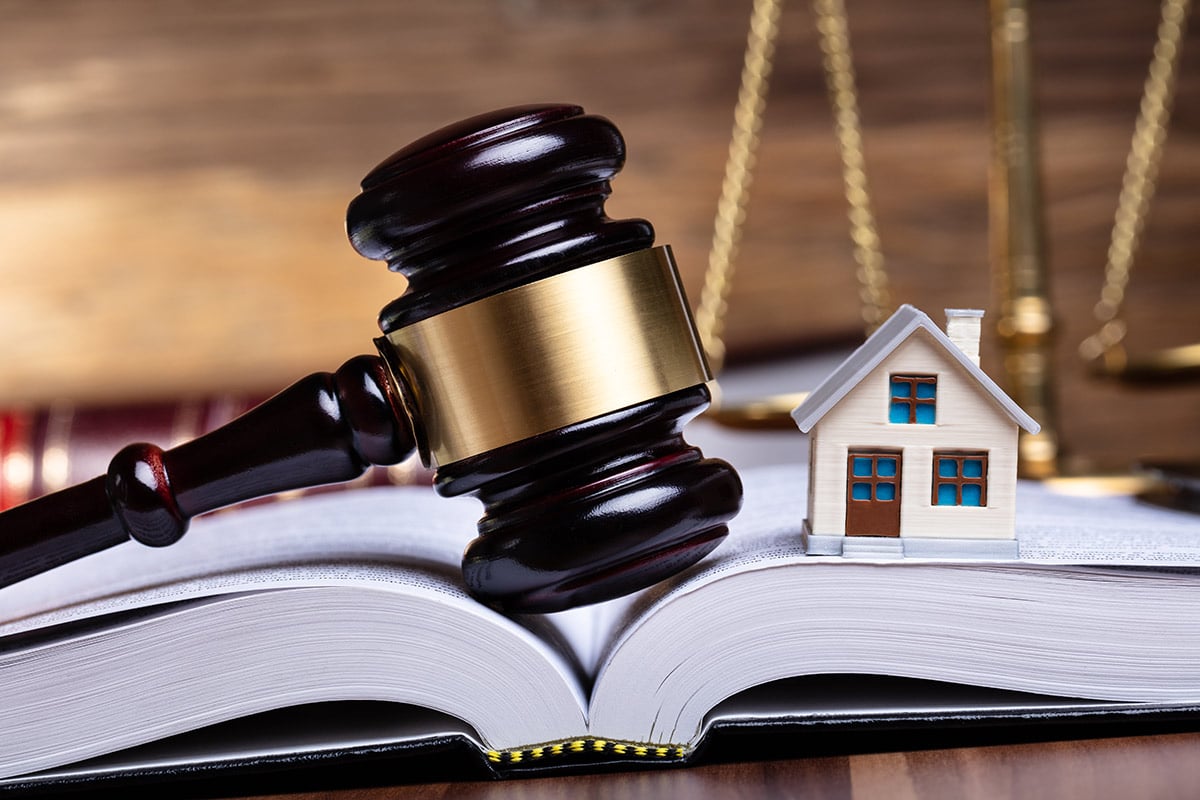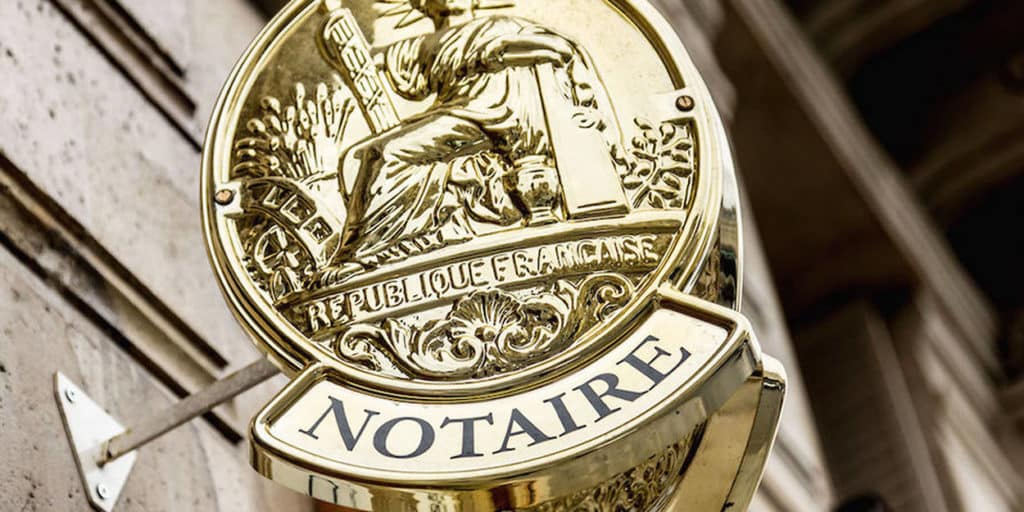
Who pays the notary for the purchase of a house?
Buying a home is an important step in anyone's life, but it can sometimes be accompanied by a sense of uncertainty about the costs and fees associated with the transaction. One of the most common questions is who should pay the notary when buying a house. If you are also asking yourself this question, you have come to the right place. In this article, we will explain in detail who has to pay the notary fees and give you all the information you need to make an informed decision. So sit back and read on to find out more!
Are you looking for a house for sale in Collioure ? When looking to buy a property, it is important to consider the notary fees.
The principle of notary fees

In your budget to buy a house, you must take into account the notary fees.
The notary will then pay this sum of money to the Treasury. This makes it possible to make this real estate transaction compliant with the State.
The amount of the notary's fee is not the amount that the notary will be paid.
Notary fees represent 10-20% of the notary's fee. The remaining 70-80% is for taxes
The amount of notary fees are distinguished in several points:
- Transfer duties: These fees are paid to the State and are intended to allow the transfer of the property.
- Disbursements: These are reimbursements of costs advanced by the notary during the sale of the property.
- The notary's fees: They correspond to the remuneration received by the notary following the service provided.
A scale allows to regulate this remuneration:
- For a property of less than 6,500 €: the notary fees are 4% of the purchase price.
- For a property between 6,501 € and 17,000 €: the notary fees are 1.65% of the purchase price.
- For a property between 17 000 € and 60 000 €: the notary fees correspond to 1,1 % of the purchase price.
- For a property worth more than 60 000 €: the notary fees correspond to 0.825% of the purchase price.
Who pays the notary fees?

According to Article 1593 of the Civil Code the expenses of acts and other accessories to the sale are the responsibility of the buyer.
This means that, regardless of your real estate transaction, the notary fees will be paid by the buyer and not the seller.
You will have to pay the notary fees as well as the purchase price of the property.
While the buyer has to pay the notary's fees, the seller has to pay other fees, such as
- Condominium fees, if any
- Technical technical diagnostics
How much are the notary fees

Did you know ? You can find out the amount of the notary fees. As these costs are several thousand euros, it is important to anticipate them.
Let's take an example: you've found THE ideal house for sale in Collioure. It meets all your expectations and even fits in your budget! What about notary fees?
- For a new home, this corresponds to 2 to 3% of the sale price.
- For an old house, this corresponds to 7 to 8% of the selling price.
In the case of a real estate loan, it is common that the bank asks you for a personal contribution to cover the notary fees. As a buyer, you can either use your savings or use the profit from the resale of another property.
However, the amount you will pay at the time of signing the deed is an estimate. The amount of notary fees announced is an estimate. 2 to 6 months after the signature, the notary will make a detailed statement of these expenses.
You can receive a few months later a regularization when the notary will have transferred the charges to the public bodies. The reimbursement is the difference between the actual amount and the amount paid by you.
When to pay the notary fees?

Approximately three months after the signing of the compromise, the signing of the authentic act takes place.
The notary fees are to be paid on the day of the signature of the deed.
At the same time, you must also pay the purchase price and the real estate agency fees if there are any. This will initiate the transfer of ownership.
In order to complete the transfer of ownership, the notary may sometimes ask for a sum of money up front to pay certain costs.
Special cases
1) The case of sale "deed in hand
It is possible toavoid notary fees in the case of sales " deed in hand ". The seller then takes over the payment of the notary fees.
This is a choice to be stipulated in the deed of sale. Thus, as a buyer, you will only be able to pay the price "deed in hand".
2) Who should pay the notary fees if two notaries are involved in a real estate sale?
When selling real estate, the buyer may wish to use the services of two notaries to ensure better legal security.
In this case, the two notaries will work together to draft the deeds and administrative formalities related to the real estate transaction.
However, if the buyer and seller each wish to appoint their own notary,the notary fees will be charged to the buyer.
In any case, the presence of two notaries will not lead to a doubling of costs, which will remain equivalent to those of a single notarial intervention.
It is important to specify that the notary fees include not only the notaries' fees, but also the deed fees and registration fees which can represent a significant part of the total cost.